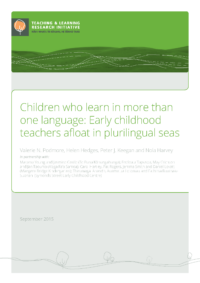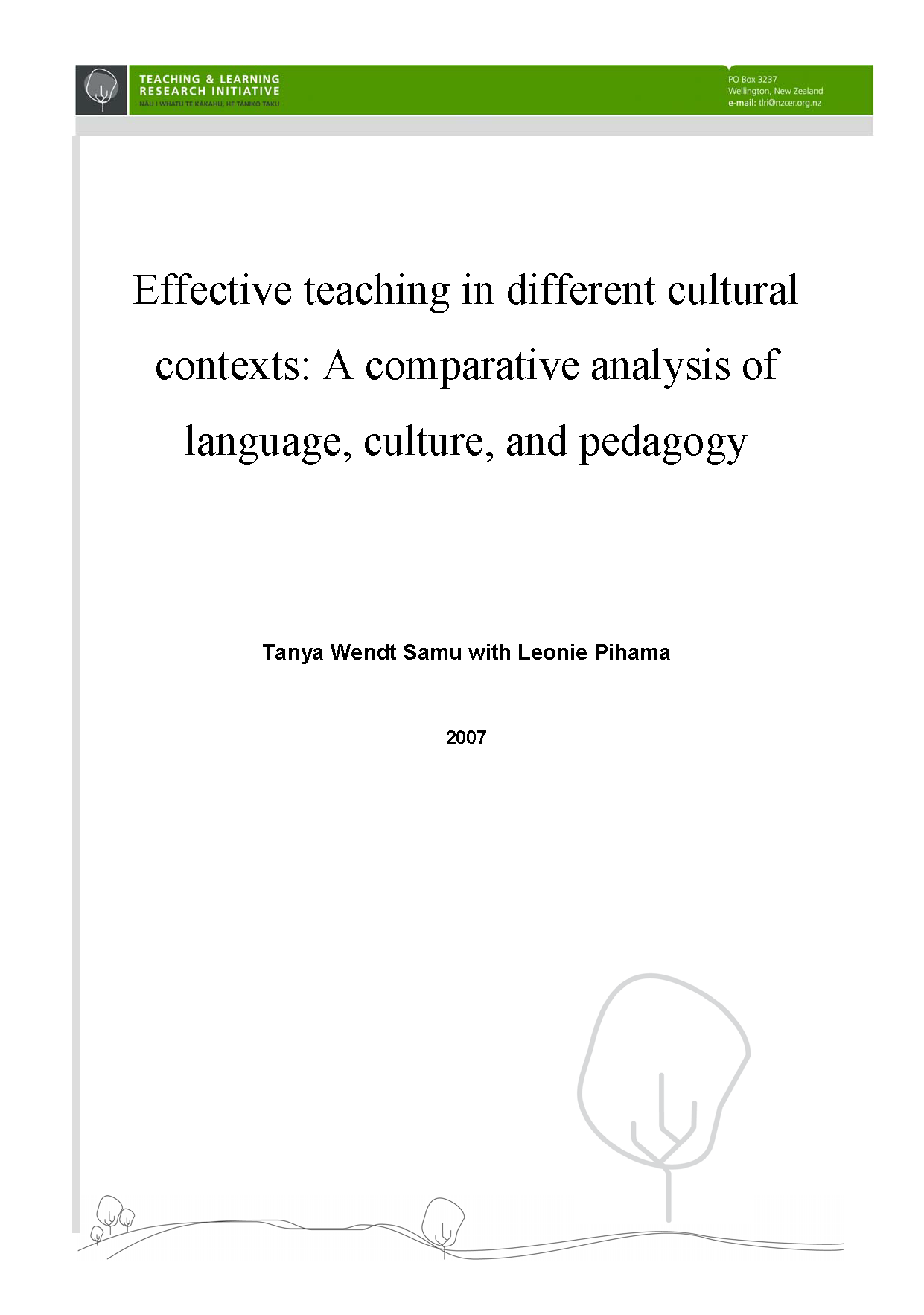
Children who learn in more than one language: Early childhood teachers afloat in plurilingual seas
Introduction Background, research literature overview, research questions and why they are important to learning and teaching in New Zealand Aotearoa is an increasingly diverse society. The many languages and cultures of children and families raise questions and considerations for early childhood teachers. We designed research to address gaps in our knowledge, by exploring the languages used and the experiences and learning outcomes that parents, teachers, young children and communities value. Our focus was on children who learn in more than one language in the early years. The research was credit-based, through our application of the theoretical constructs of funds of knowledge and an additive approach to learning through more than one


